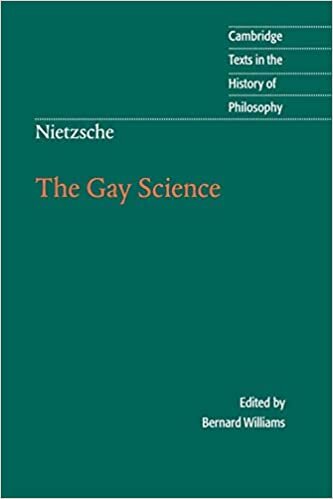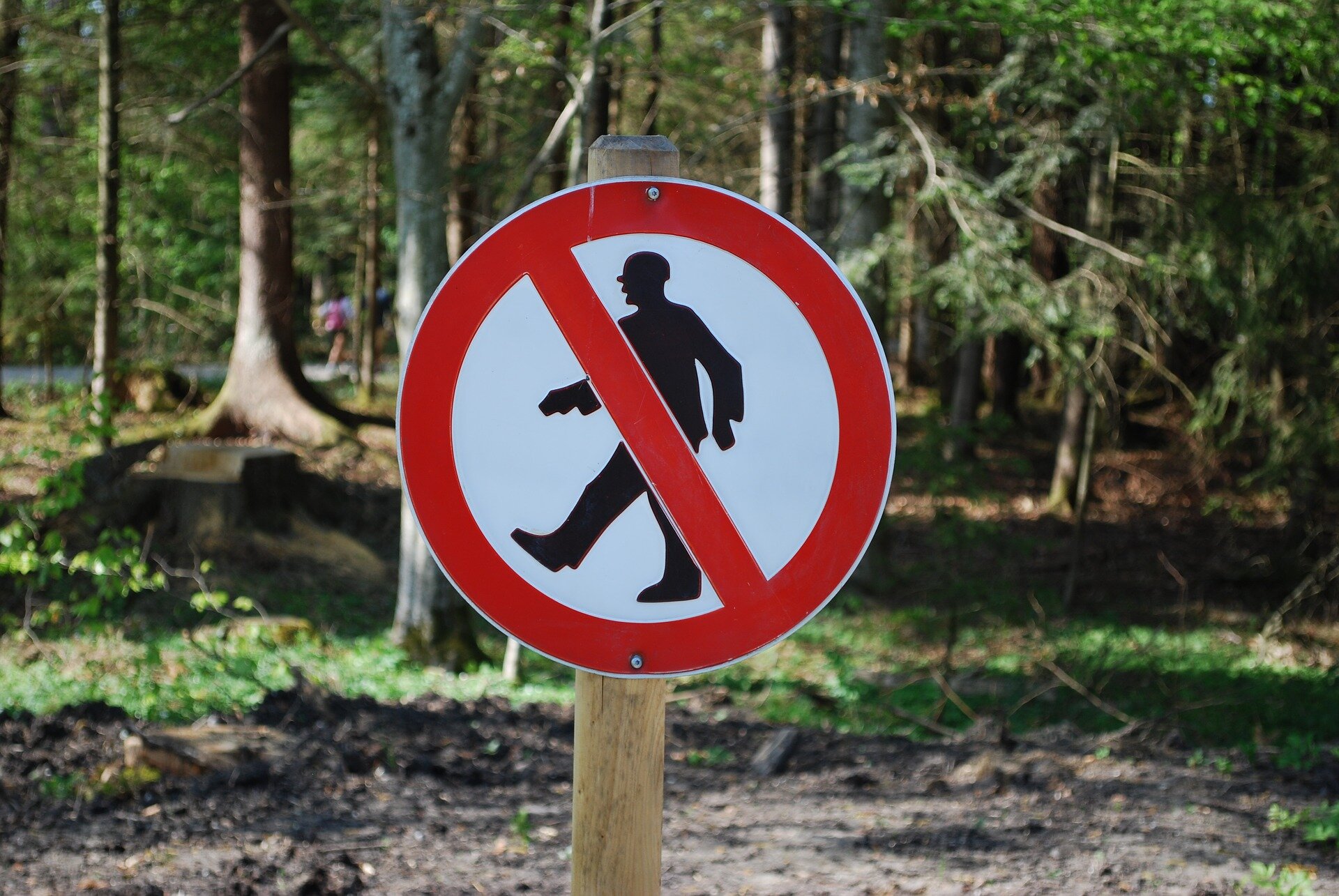Blogging Nietzsche—Nietzsche's Poetry: "Dialogue"
Friedrich Nietzsche’s short poem “Dialogue” (The Gay Science, ‘Joke, Cunning, and Revenge’: Prelude in German Rhymes, No. 4) is difficult to classify. It’s part poem, part aphorism, and part miniature Socratic dialogue, as the name implies:
4. Dialogue
A.
Was I ill? Have I recovered?
Has my doctor been discovered?
How have I forgotten all?B.
Now I know you have recovered:
Healthy is who can’t recall.
Resentment features prominently in Nietzsche’s philosophy, and he’s highly critical of resentment in general because resentment often prevents us from transcending past injuries to become our most fully actualized selves; it prevents us from being an Übermensch with the ability to stand on our own—morally, artistically, emotionally, and otherwise.
In addition, according to Nietzsche, the origin of western morality, of which he is highly critical for its view of human being as relatively weak and herd-like instead of as strong individuals, lies in a type of cultural resentment on the part of ancient Jews at having historically been known a slave race, as typified by the story of Moses liberating the Jewish people from bondage in Ancient Egypt. According to Nietzsche, morality as we know it—in the sense of good versus evil—was invented by ancient Jews as a way of inverting the power relationship with their masters, styling themselves to be morally superior to their masters even though Jewish people were subjugated politically.
What, then, does it mean to overcome resentment, either individually or culturally, to fully let go of past injuries and illnesses, not just of the physical variety but of the psychological and cultural and ethical varieties as well? The subtext of Nietzsche’s poem “Dialogue” is that forgetting is what allows us, again either as individuals or as a culture, to transcend the wrongs of the past, allowing us to truly stand on our own without the cultural resentment that Nietzsche thinks has plagued Western culture from the dawn of Judeo-Christian morality onward, and also with the origin of Western philosophy and the ethics of universality as begun by Socrates and Plato and continuing right up through all of Christendom and into modernity.
If you have been injured by another person as an individual, it’s only by forgetting the injury and looking forward instead of backward that you can truly heal and let go of the resentment you feel at having been injured. Similarly, if Western/Judeo-Christian morality is holding us back from being truly strong individuals—whether in terms of our own authenticity or in terms of the humanism that Nietzsche so completely embraces—then it’s only by forgetting the cultural resentment of the past that Western culture can finally free itself (and heal, as Nietzsche puts it in “Dialogue”) from the shackles of the herd in favor of individual strength and individual perspectives—to fully and completely transcend the need for any universality, any hypothetical God’s-eye point of view about human nature and morality, and any artificial constraints on the purpose or promise of human life as the fully-embodied and artistically-creating individuals we are.
What exactly would it mean to forget the cultural injuries of the past and to fully transcend the constraints of Western/Judeo-Christian morality that sprang from them? How could Western culture be transformed from emphasizing our universal human nature (whether theologically as beings made in God’s image or secularly as ethical beings with our ethical and psychological theories) to emphasizing the strength of the individual? One could argue that that this process has already begun, ever since Immanuel Kant first showed us that the human mind is active in constructing our own world of experience, through the post-Kantian and existential philosophies of Nietzsche and his cultural heirs like Jean-Paul Sartre and Michel Foucault, and into the postmodernism of the latter half of the 20th century with its emphasis on subjectivity, perspectives, individuality, historicity, and truth as relative. In fact, this emphasis on the individual is at the very heart of major cultural movements, such as third-wave feminism with its emphasis on each individual’s freedom to define what formerly universal concepts like gender mean to him- or herself.
Yet, despite the broad cultural movement away from universality toward individual perspectives and subjectivity, from the 19th-century onward, vestiges of Judeo-Christian morality remain. In fact, those vestiges seem to be reinvigorated in times of crisis, from the Great Depression to the great wars of the 20th century, from the conservatism of the 1980s as a response to the cultural liberation of the 1960s and 1970s to the solidification of the Religious Right in response to the September 11 terrorist attacks and Iraq War of the first decade of the 21st century, and today in the wake of the COVID-19 coronavirus pandemic. At every turn we westerners, and we Americans in particular, seem to run back into the safety and familiarity of the moral cave we inherited from our ancestors instead of pushing forward into a new world free of the resentment, cultural memories, and collective fears that have held us back for thousands of years. We have not yet learned to forget in the way that Nietzsche suggests in “Dialogue.” We have not yet healed. We are not yet well. And perhaps we never will be.
For Further Reading:
The Gay Science by Friedrich Nietzsche








